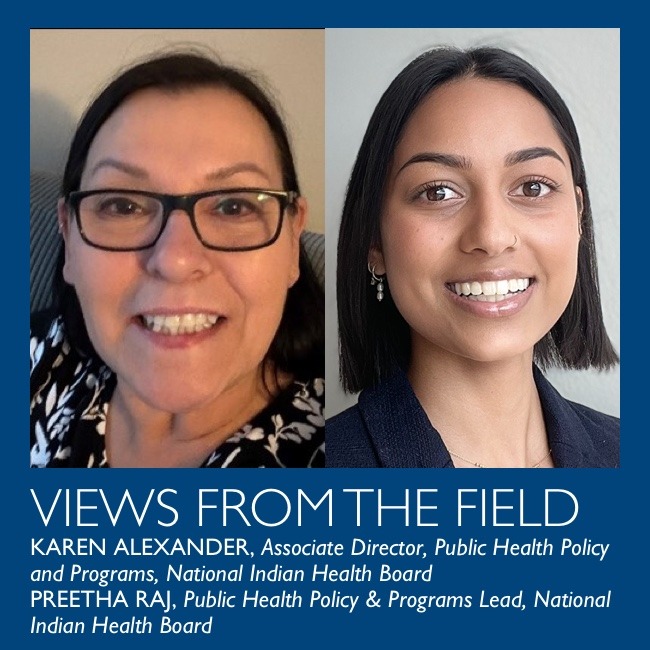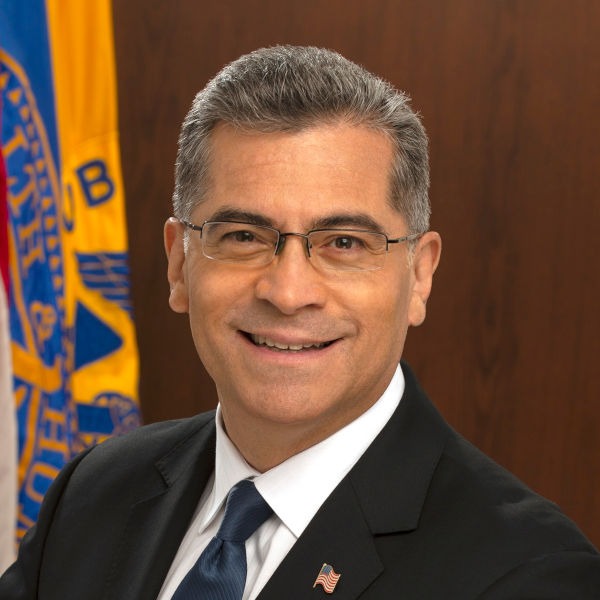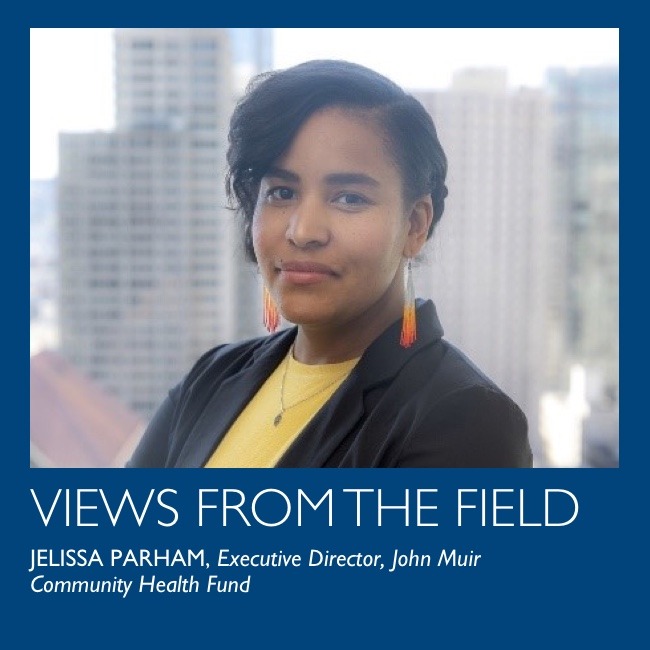Jane Perkins of the National Health Law Program to Be Honored with the Andy Hyman Award for Advocacy
Jane Perkins, Litigation Director of the National Health Law Program (NHeLP) in Washington, DC, will receive Grantmakers In Health’s 2025 Andy Hyman Award for Advocacy.
Maternal Health in American Indian/Alaska Native Communities: Challenges, Opportunities, and Pathways Forward
Maternal health is a cornerstone of any community’s well-being, yet American Indian and Alaska Native (AI/AN) women face disproportionate challenges in achieving safe and healthy pregnancies. Historical inequities, systemic barriers, and the enduring effects of colonization have resulted in significant maternal health disparities within Native communities. However, these same communities are also sources of resilience, creativity, and innovation. Maternal health programs aimed at centering community in tradition, culture, and resiliency can offer unique, cross-sectoral solutions to complex systemic health barriers for AI/AN families.
Biden-Harris Administration Announces $75 Million Investment in Rural Health Care
The Health Resources and Services Administration (HRSA), an agency of the U.S. Department of Health and Human Services (HHS), announced nearly $75 million to support health care services in rural America. Funding will launch new opioid treatment and recovery services in rural communities, strengthen maternal health care in the South, and help rural hospitals stay open.
Developing an Equitable Nonprofit Ecosystem: A New Funding Framework for Emerging, BIPOC-Led Grantees
In philanthropy, it is standard due diligence practice to vet potential grantees on their list of current, past, and future funders as a way to mitigate our perceived risk. However, this approach can put many emerging, grassroots, and BIPOC-led organizations out of contention for initial funding. The John Muir Community Health Fund has shifted the way we fundamentally see risk, and instead, have embraced the opportunity to fund emerging organizations that address social determinants of health by providing monetary support, capacity building, and ultimately a proof of concept that propels grantees to long-term sustainability.









